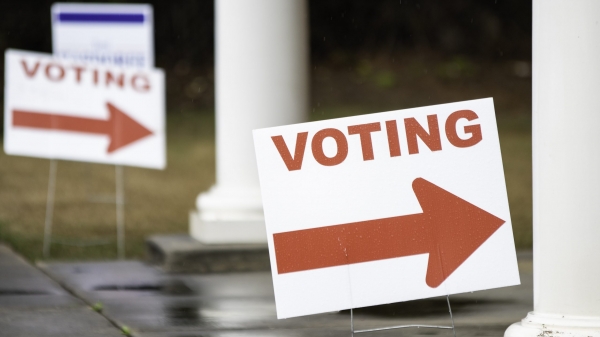By Larry Lee
Education Matters
After more than four years of endless meetings and countless discussions about how someone can label a school with one grade to encompass its value, we have now made a first step in rolling out legislation passed in 2012.
One has to tip their hat to representative Terri Collins of Decatur for her tenacity in making sure this legislation became reality. She has been the moving force behind it from the outset. But has she helped education? That is an entirely different matter, since A-F has been debunked time after time.
You can see here what the state has come up with to this point. (School grades are not part of this initial info.)
And you can find newspaper articles where educators question this methodology and Rep. Collins tells us how amazing it is. For instance, she told the Decatur Daily, “At the end of the day, the point of using school grading in other states has been to increase student achievement.”
Except researchers in Oklahoma don’t agree.
This report by the Oklahoma Center for Education Policy at the University of Oklahoma and the Center for Educational Research and Evaluation at Oklahoma State University pulls no punches about what the state is doing with A-F.
“The data we have analyzed demonstrate quite dramatically that the letter grade system for school evaluation has very little meaning and certainly cannot be used legitimately to inform high-stakes decisions.”
“We urge policy makers to abandon the single letter approach.”
“A bureaucratic evaluation system that produces nearly meaningless grades is no substitute for reasoned decision making based on careful consideration of all creditable evidence.”
“When letter grades were put to the test with actual student achievement date, it turns out that they do more to hide achievement differences than provide a clear understanding of school effectiveness. In our analysis of over 15,000 student test scores from 63 schools, results showed that school grades do not fulfill the intention of the State to provide parents and schools with a clear understanding of school performance.”
“Oklahoma’s Report Card is very costly, bureaucratically cumbersome, and seems not designed to improve learning in schools.”
Even the state school superintendent in Oklahoma, Joy Hofmeister, thinks using A-F is meaningless.
And if this process is so valuable, why do only 17 of 50 states use it? And it is interesting to note that of the top-ranked 15 states in the country, only three use A-F, but of the bottom 15, eight use it. And what about Massachusetts, the state school system our governor is fixated on these days? They are rated the No. One state in the nation. But sorry, they don’t use A-F. Nor do the next six highest ranked states, New Jersey, Connecticut, Vermont, Wisconsin, New Hampshire and Virginia. (Virginia passed A-F in 2013 and their Republican legislature repealed it in 2015.)
My friend Trish Crain at AL.com has done her usual good job of researching the data the state is now presenting. She has even gone to the trouble of assigning a letter grade to each school system. Spend some time on this article, and pay special attention to the state map. The better performing systems are in shades of green, weaker ones are shades of red.
What you see is what we’ve seen dozens of times before when we look at counties based on some prosperity value, be it percentage of children in poverty, average median family income, unemployment, etc.
The worst the economic indicators, the bigger the challenge. We’ve known since Shep was a pup that school performance and poverty are extremely closely linked.
According to AL.com, the only F grade in Alabama is Greene County in the Black Belt. And those 15 systems with a D include Barbour County, Bullock County, Butler County, Lowndes County, Macon County, Perry County, Sumter County and Wilcox. Joining them are city school systems in Linden and Selma.
So there we have it. After four years of meetings and lots and lots of “busy” work, we have one more way to measure what we’ve known for years. As grandpa would say, “We’ve been fiddling while Rome burned.”
But that is hardly a surprise when you look at the bill passed in 2012 and at the bottom of page one you see: “The Legislature further finds that performance-based incentives and increased autonomy are commonplace in the private sector and should be infused into the public sector as a reward for productivity.”
This is pure baloney and one of the reoccurring myths put forth by people who don’t understand education. And this was a sure tip that whoever drafted HB588 in 2012 was trying to sell us a pig in a poke and four years later, we’ve now heard that pig squeal.






















































